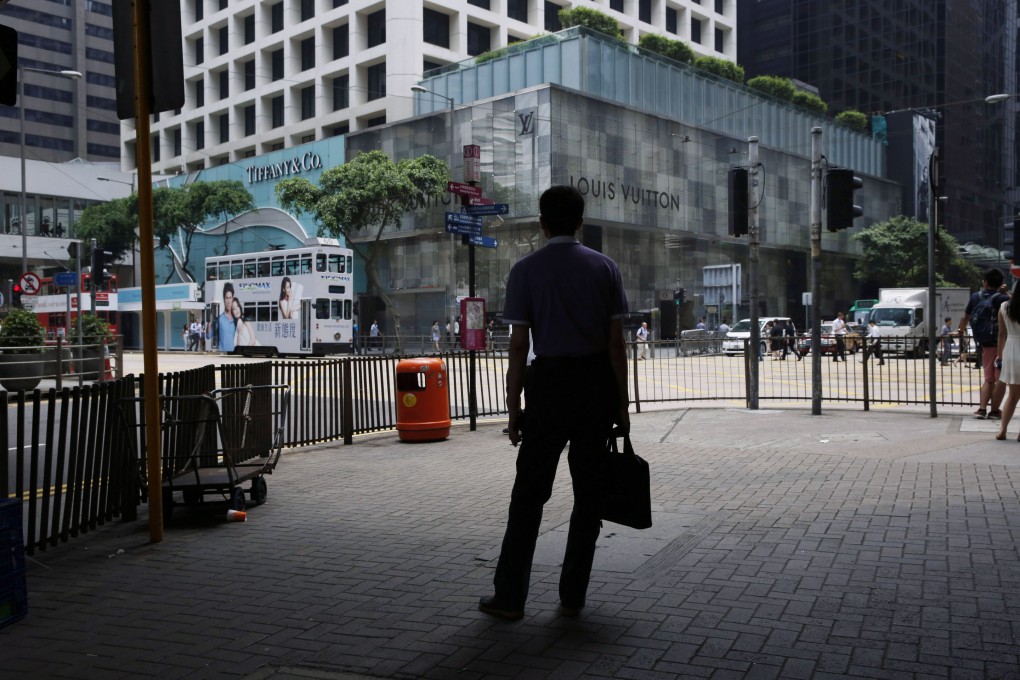Opinion | Quiet diplomacy now needed to advance political reform
Alice Wu says after all the bluster, it's time the moderates meet to shape an electoral reform plan, behind closed doors if necessary

The pan-democrats have called for direct talks with Beijing to break the deadlock over political reform. Whether it's back-pedalling or the sort of "fighting retreat" former UK diplomat Tim Collard called for in a commentary last week, doesn't matter. What matters is that, even at the eleventh hour, a request for dialogue is better than just sitting around and waiting for political Armageddon.
Certainly there were opportunities to get the conversation going earlier, but there's no need to cry over spilled milk. If some hardliners are now willing to reconsider the merits of being moderate, then it should and must be deemed worth every effort in making it an actuality. At the very least, it would be a break from the maelstrom that has sucked the life out of practical politics.
A lot can happen in the next month.
Much is at stake here - for everyone, and not just for those poised to take to the streets the moment the National People's Congress Standing Committee ruling is handed down.
While we may have become accustomed to seeing events play out dramatically, and antagonistically, in the open, as they have in the last few months, we're going to have to have a lot of patience now. If there is to be any breakthrough, any possibility for a solution - theoretically or practically - must be entertained.
Based on the experience of electoral reform in the past, those who work behind the scenes, mainly through back-channel talks, hold the key to propelling us forward.
Within those hidden corridors of politics lies the hope that maybe, just maybe, a compromise can be reached, away from the floodlights of media and public scrutiny.
